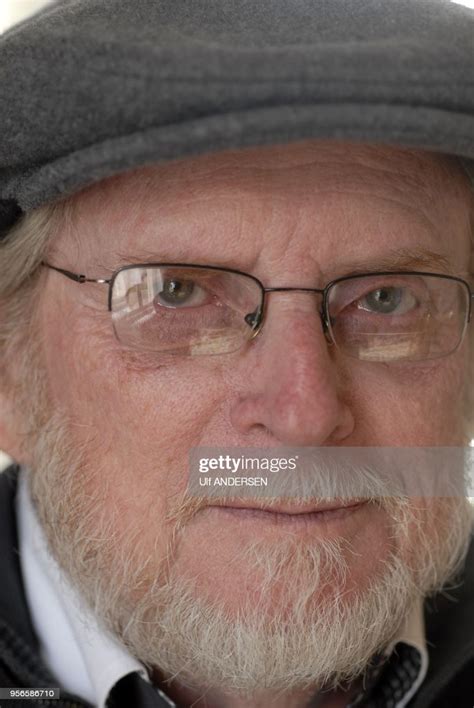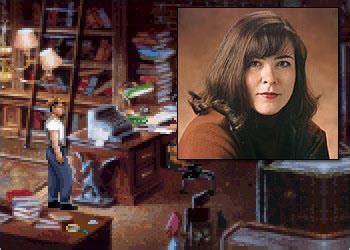A Quote by Yiyun Li
One easy mistake to make with the first novel is to expand the short story. Some things are better as a story; you cannot dilute things into a novel. I think the first hundred pages of a novel are very important. That's where you set things up: the world, the characters. Once you've set that up, it'll be much easier.
Related Quotes
But I'm not a small-literary-novel kind of guy, and once I'd developed the world in the first couple of hundred pages, I felt that there was potential here to go on and write an engaging story set in that world. So that's what I did. This probably ruins things both for the people who want small literary novels and for those who want action-packed epics, but anyway, it's what I wrote.
The average detective story is probably no worse than the average novel, but you never see the average novel. It doesn't get published. The average -- or only slightly above average -- detective story does.... Whereas the good novel is not at all the same kind of book as the bad novel. It is about entirely different things. But the good detective story and the bad detective story are about exactly the same things, and they are about them in very much the same way.
If I can give a young author any advice, whatsoever, never let anyone announce the film sale of your first novel. Film rights are sold to almost every novel, but it shouldn't be the lead story in your first engagement with the press. Then you end up getting reviews like "a novel made for the screen" and things like that.
Before I begin a novel I have a strong sense of at least one central character and how the story begins, and a more vague sense of where things may wind up, but at some point, if the novel is any good at all, the story and characters take on lives of their own and take over the book, and the writer has to be open to that.
I've made the decision to adhere to three general truths when it comes to my novels: There will be a love-story element to the story, the novel will be set in eastern North Carolina, and the characters will be likeable. Then, I make each novel unique through differences in voice, perspective, age and personalities of the characters, and of course, plot.
I would say I'm a storyteller first, but game making is very wrapped up in how I think of story. If I were to have a story idea, and I decided to write a novel with it instead, I'd have to very consciously de-couple it from gamedom - for example, deliberately add in things that could not be represented in a game scene.
The short story that eventually grew into Constellation was the first fiction set in Russia that I'd ever written, and that was right around the time I was giving up on a doomed, never-to-be-seen first novel. While I saw it could be something bigger, in hindsight fortuitous timing was as responsible as anything.






































